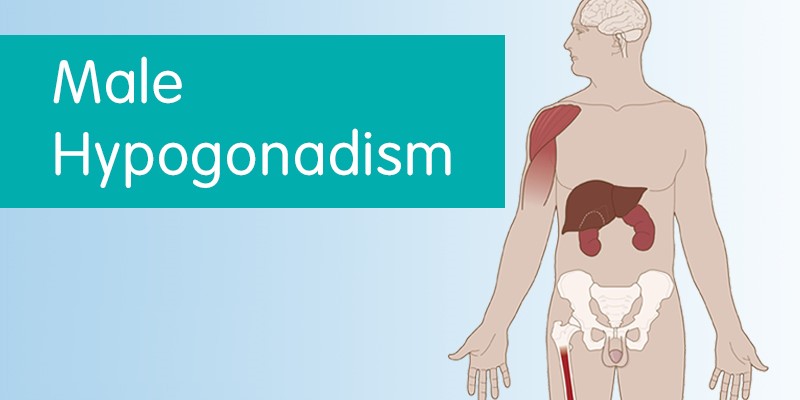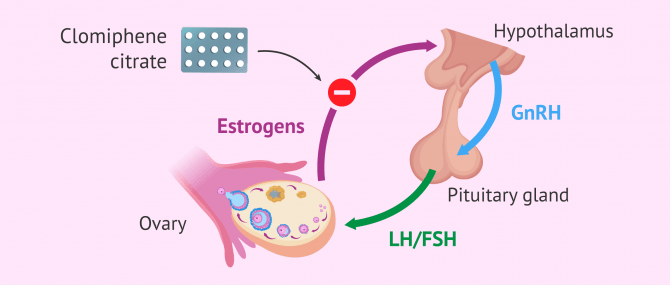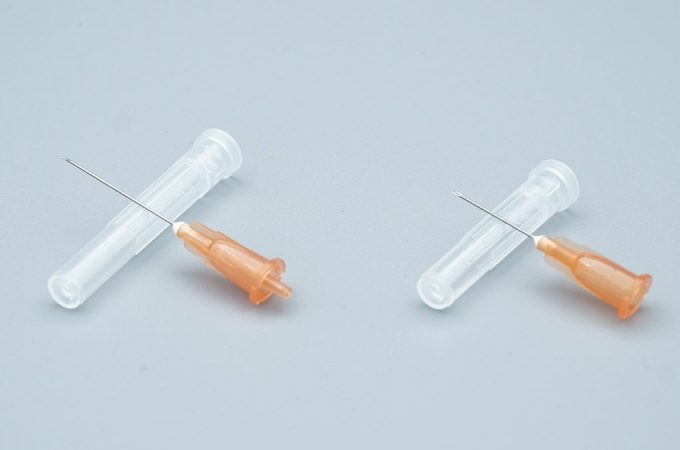
The Role of Enclomiphene Citrate in Treating Male Hypogonadism and Male Infertility
Infertility can be a heartbreaking problem for couples trying to conceive, but it is not just women who suffer from this condition. Men have long been known to contribute to fertility issues, and now there is a promising new treatment that can treat male hypogonadism and male infertility: enclomiphene citrate (EC). This article will discuss the potential benefits of EC as an alternative treatment option for men with infertility.

Enclomiphene citrate is a selective estrogen receptor modulator (SERM) that has been shown to increase testosterone levels in men with low levels due to hypogonadism or other medical conditions. It works by blocking the action of estrogens, which are hormones responsible for controlling reproductive development in both men and women. EC has been used off-label in the United States since 2013; however, it was recently approved by the FDA as an alternative treatment option for men with primary or secondary hypogonadism.
How Does Enclomiphene Citrate Work?
The mechanism of action of enclomiphene citrate isn’t fully understood yet, but studies suggest that it binds to estrogen receptors and blocks their activity. In doing so, it stimulates the production of luteinizing hormone (LH) from the pituitary gland, which then triggers testosterone production in the testes. EC may also inhibit aromatase activity, thus preventing testosterone from being converted into estradiol (an estrogen hormone). The result is higher testosterone levels within the body without an increase in estrogen levels – precisely what men need to improve fertility.
Benefits Of Using Enclomiphene Citrate For Treatment Of Male Infertility
There are multiple benefits associated with using enclomiphene citrate for treating male infertility:
• Increased sperm count and motility:
Studies show that EC increases sperm motility (the ability of sperm cells to move quickly towards their goal) and concentrations when compared with placebo treatments. This means that more sperm cells may reach their target destination during fertilization, significantly improving the chances of conception.
• Improved Testosterone Levels:
As mentioned previously, EC has been shown to raise serum testosterone levels significantly while keeping estrogen levels relatively stable when compared with other treatments such as clomid or letrozole. Higher testosterone levels may lead to improved sexual desire and performance as well as enhanced muscle mass and strength gains when combined with exercise training programs.
• Reduced Risk Of Side Effects:
Although some side effects, such as headaches or nausea, can occur when EC tablets are taken orally on an empty stomach, they tend to be milder than those associated with injectable forms of testosterone replacement therapy (TRT). In addition, some users report fewer mood changes while taking this medication compared with traditional TRT regimens.
Limitations and risks of using enclomiphene citrate for male infertility
Although enclomiphene citrate offers many potential benefits for treating male infertility, there are some limitations and risks that need to be considered before starting this medication:
– Unknown long-term efficacy:
Although studies have shown promising short-term efficacy of up to 12 weeks, data on long-term use are limited. Therefore, patients should use caution when considering long-term use of this medication.
– Possible drug interactions:
As with all medications, it is possible that enclomiphene citrate may interact with other medications. Before starting this medication, patients should talk to their doctor or health care professional about any possible interactions between prescribed medications.
– Unpleasant taste:
A common complaint among users is an unpleasant taste after taking these tablets orally; therefore, appropriate measures should be taken beforehand, such as drinking plenty of water afterwards or taking them at mealtimes when food helps to mask any lingering bad taste.

Conclusion
In conclusion, enclomopheme citrate has emerged as a promising alternative treatment option for men with primary or secondary hypogonadism who wish to improve their fertility naturally, without resorting to injectable forms of TRT. By stimulating LH secretion from the pituitary, increasing serum T levels while keeping E2 concentrations relatively stable, increasing sperm count & motility rates, reducing the risk & severity of side effects compared to TRT regimens, and having few known drug interactions, EC appears poised to become an important tool used by physicians worldwide to effectively & safely treat male infertility & hypogonadal conditions.





